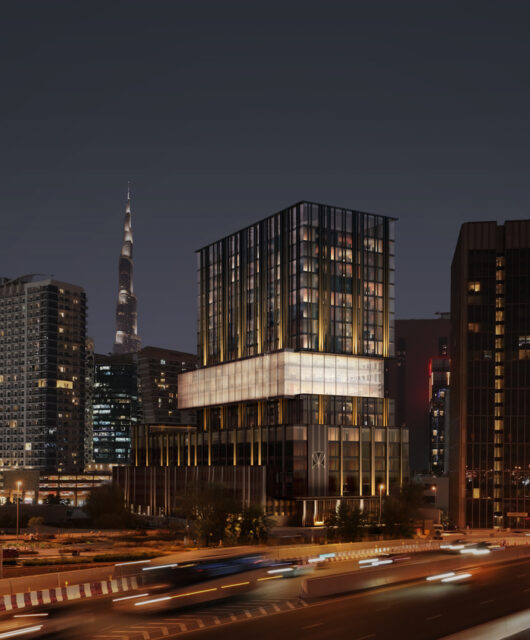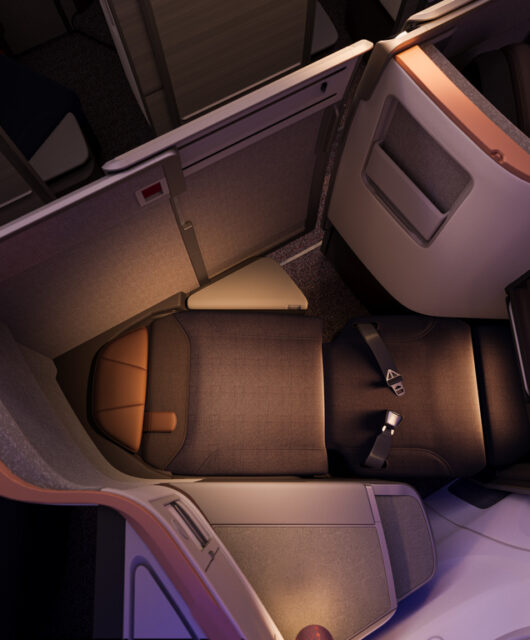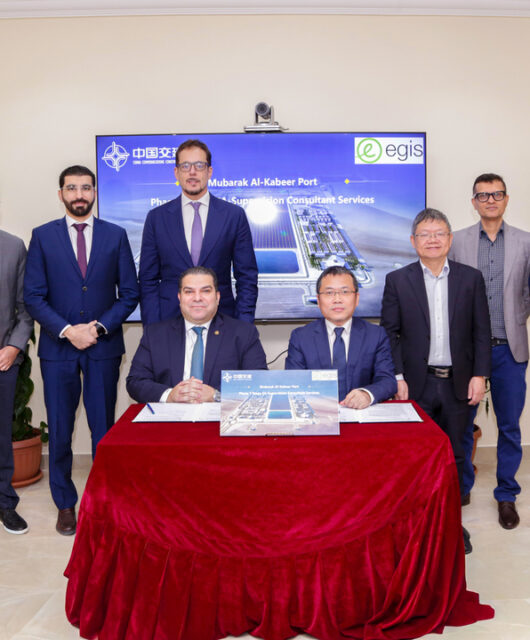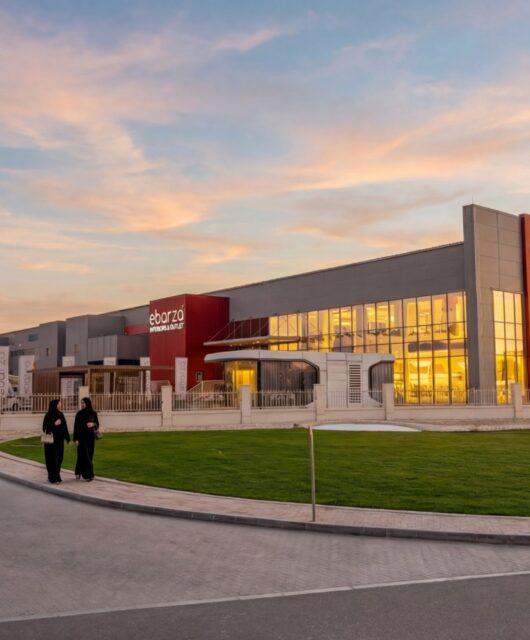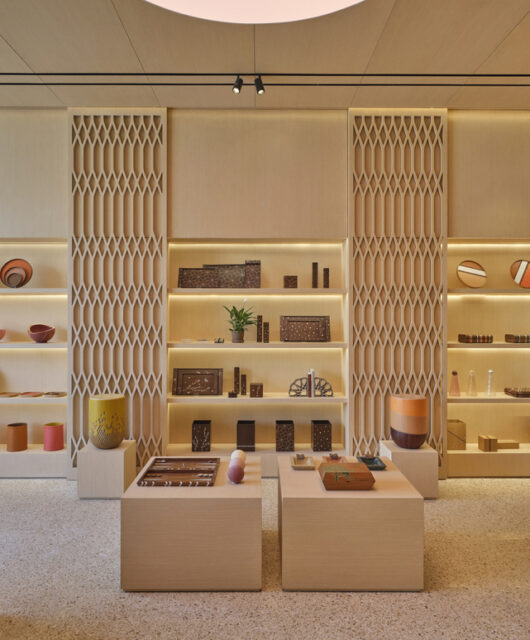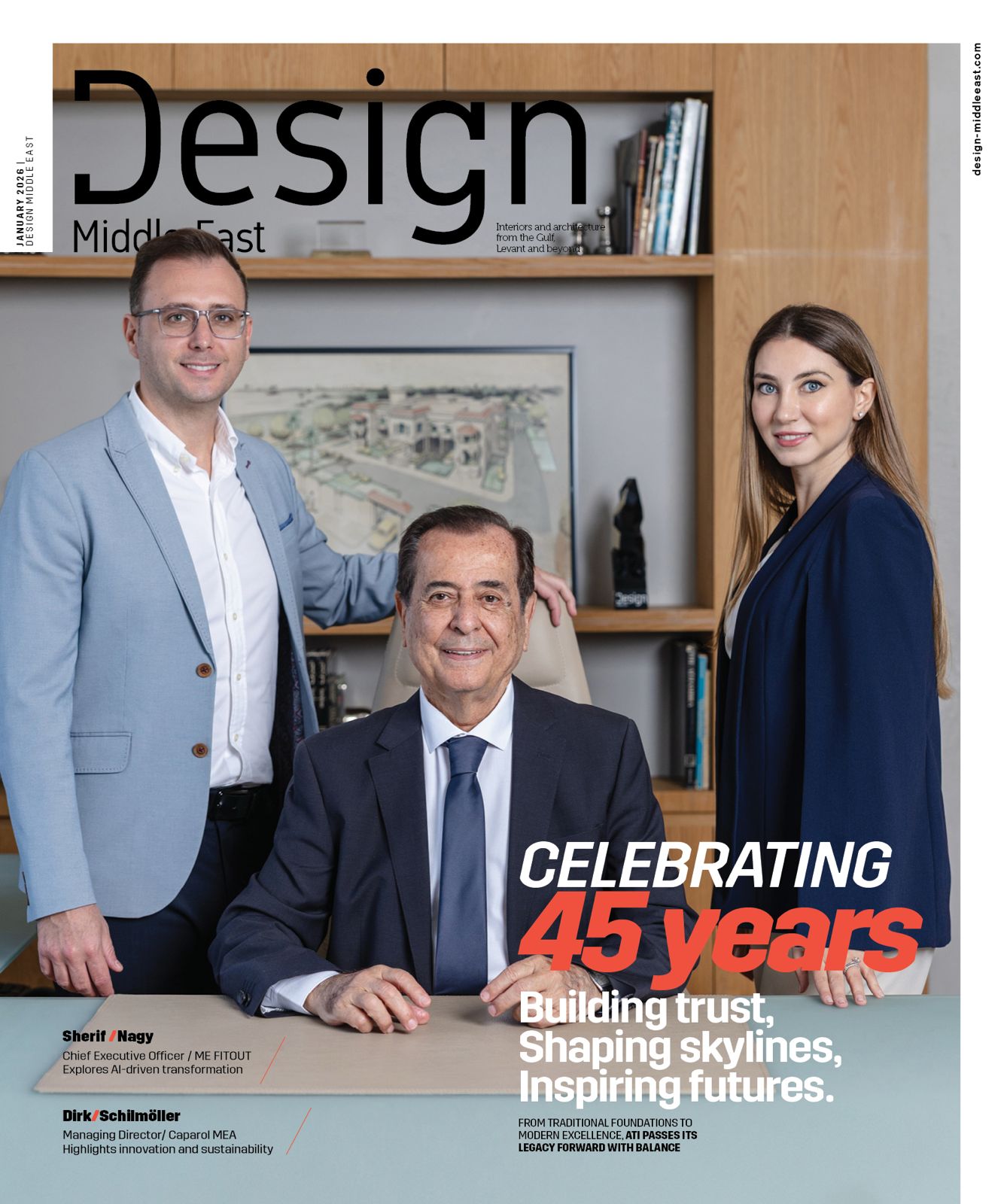Standard Carpets expands into Dubai Industrial City with a solar-powered facility

Covering a total land area of more than 3mnsqft, the state-of-the-art facility will allow Standard Carpets to increase production capacity by 40% and produce an additional 400 tonnes of yarn per month in first phase of the development.
Expansion is an important milestone for both parties. It will boost Operation 300bn, promote high-quality Made in UAE products, enhance Dubai’s position as a global manufacturing hub and contribute to GDP growth. Upon completion, Standard Carpets will operate one of the world’s largest single-site flooring plants covering a total built-up area of 1.6mnsqft.
“Global trust and confidence in high-quality UAE products continue to grow quickly as local production and exports expand empowered by our ease of doing business, advanced infrastructure, logistics network, availability of raw and packaging materials, as well as access to specialised talent. It has allowed Standard Carpets to trade with over 60 countries. We look forward to working closely with them to successfully deliver this important new milestone.”
Gulu Waney, chairman, Standard Carpets, said: “We have enjoyed tremendous growth since establishing the region’s largest carpet factory in Dubai Industrial City in 2014. It has enabled us to successfully expand production capacity, increase our portfolio of superior quality products and reach new markets in more than 60 countries, including Australia, New Zealand, Saudi Arabia and the US. Breaking ground on our state-of-the-art expansion is another exciting milestone that demonstrates our long-term commitment to Dubai and our unwavering confidence in the UAE’s vision for the future.”
Standard Carpets’ new factory will be one of the world’s largest all-under-one-roof carpet factories. It will harness the latest advances in carpet-making equipment and technology with in-house yarn extrusion, twisting-cabling and heat-set facilities. It will generate enough renewable energy to meet more than one-third of its electricity consumption with a massive solar rooftop, divert waste away from landfill and reduce water consumption with smart sustainability solutions. Furthermore, it will significantly expand production, with the company already producing more than 1,000 flooring products in a selection of premium patterns and colours. The materials are also antimicrobial, fire-retardant and resistant to UV light.

